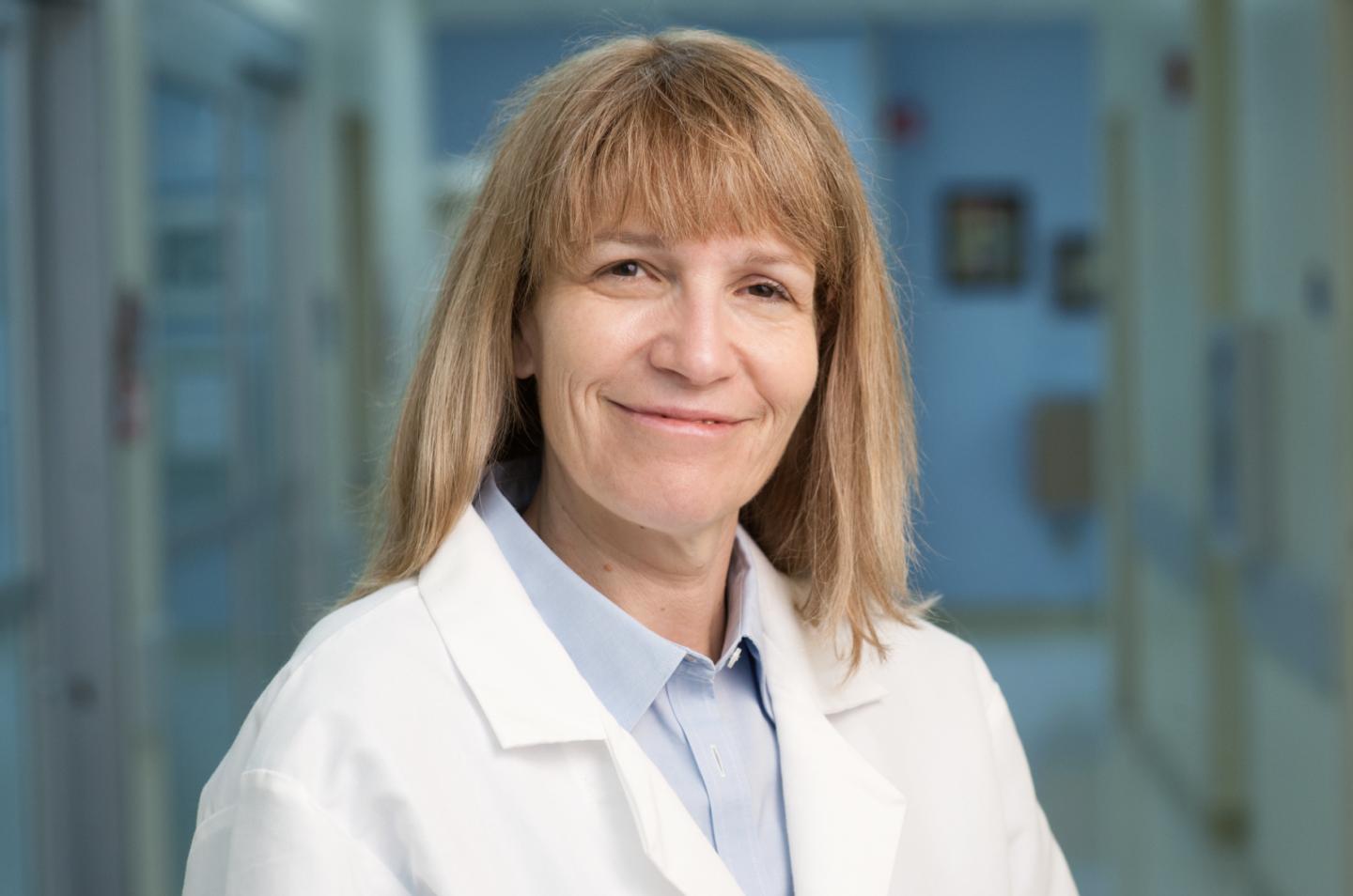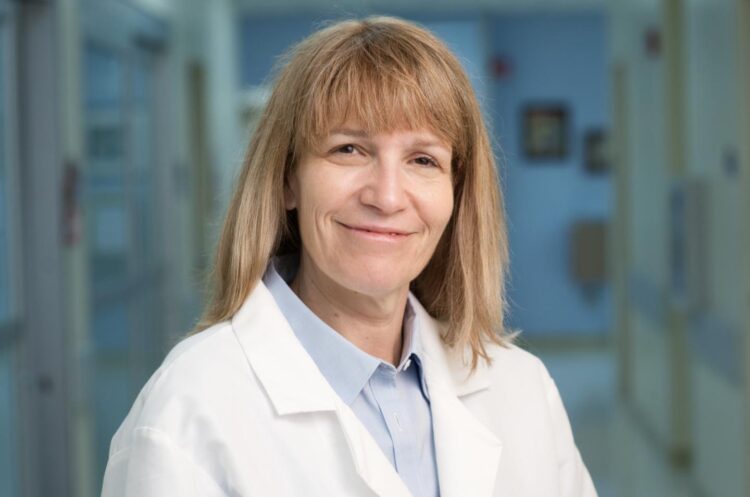St. Jude Children’s Research Hospital scientists have shown that frailty contributes to neurocognitive decline in young adult survivors of childhood cancer

Credit: St. Jude Children’s Research Hospital
Scientists at St. Jude Children’s Research Hospital have found a link between post-cancer treatment frailty and neurocognitive decline in young adult childhood cancer survivors. A paper on this work was published today in the Journal of Clinical Oncology.
Though frailty is often associated with the elderly, 8% of young adult childhood cancer survivors meet the criteria for frailty. This study confirms that those who undergo childhood cancer treatment can experience frailty, which can create an early onset of neurocognitive decline in young adults. This study will help with further research to prevent such neurocognitive decline.
“We think this is going to put more attention on this accelerated aging phenotype in young adult survivors,” said first author AnnaLynn Williams, Ph.D., St. Jude Epidemiology and Cancer Control. “It’s going to make it a bit easier for us to identify the survivors most at risk for neurocognitive decline.
“We can use this information, and the rest of our frailty research, to design a broad intervention that might simultaneously help us improve frailty in survivors as well as neurocognitive functioning,” Williams said.
More important than previously recognized
Cancer-related neurocognitive impairment is present in up to 35% of childhood cancer survivors. It can influence all aspects of their lives, including their physical functioning and daily activities.
Over the span of five years, researchers found that survivors who experienced treatment-related frailty had significantly greater declines in memory, attention, processing speed and other functions as compared to survivors who did not experience frailty.
The intensive chemotherapies that young adult survivors experience during their childhood years are known to contribute to health problems later in life. Frailty is just one such late effect of care.
This study and many others relied on data from the St. Jude Lifetime Cohort study (St. Jude LIFE). This study brings long-term childhood cancer survivors back to St. Jude for regular health screenings throughout their adult lives. To date, more than 4,300 participants and 580 controls have undergone comprehensive health evaluations tracking a wide range of health outcomes, such as cardiac, reproductive, neuromuscular, neurocognitive and psychosocial function, among others.
“Our work has shown that childhood cancer survivors are at an increased risk of frailty,” said corresponding author Kirsten Ness, Ph.D., of St. Jude Epidemiology and Cancer Control. “Since frailty has now been shown to contribute to neurocognitive deficits among other health problems, it is increasingly apparent that addressing frailty may aid this patient population.
“This is why St. Jude LIFE studies are so important,” Ness continued. “It allows us to identify risk factors for poor health outcomes in the the next generation of children with cancer so we can provide interventions to help them.”
###
Authors and Funding
The study’s other authors are Carrie R. Howell, University of Alabama at Birmingham; and Kevin Krull, Pia Banerjee, Tara Brinkman, Sue Kaste, Robyn Partin, Deokumar Srivastava, Yutaka Yasui, Gregory Armstrong, Melissa Hudson and Leslie Robison, all of St. Jude.
The study was funded by the National Institutes of Health (R01CA174851, K00CA222742, U01CA195547, and P30CA21765), and ALSAC, the fundraising and awareness organization of St. Jude.
St. Jude Children’s Research Hospital
St. Jude Children’s Research Hospital is leading the way the world understands, treats and cures childhood cancer and other life-threatening diseases. It is the only National Cancer Institute-designated Comprehensive Cancer Center devoted solely to children. Treatments developed at St. Jude have helped push the overall childhood cancer survival rate from 20% to 80% since the hospital opened more than 50 years ago. St. Jude freely shares the breakthroughs it makes, and every child saved at St. Jude means doctors and scientists worldwide can use that knowledge to save thousands more children. Families never receive a bill from St. Jude for treatment, travel, housing and food — because all a family should worry about is helping their child live. To learn more, visit stjude.org or follow St. Jude on social media at @stjuderesearch.
Media Contact
Katy Hobgood
[email protected]
Original Source
https:/
Related Journal Article
http://dx.





